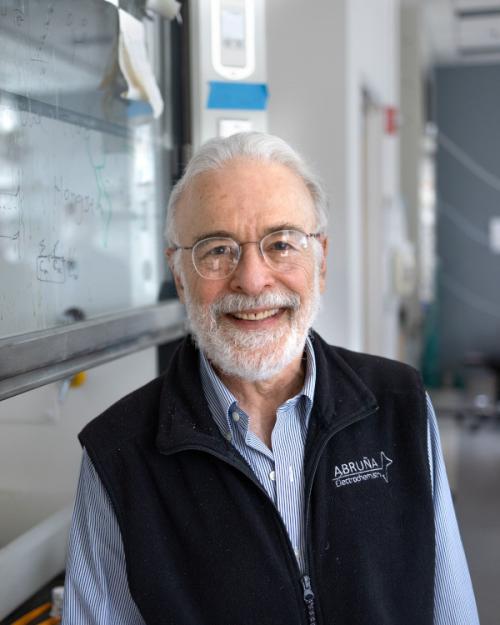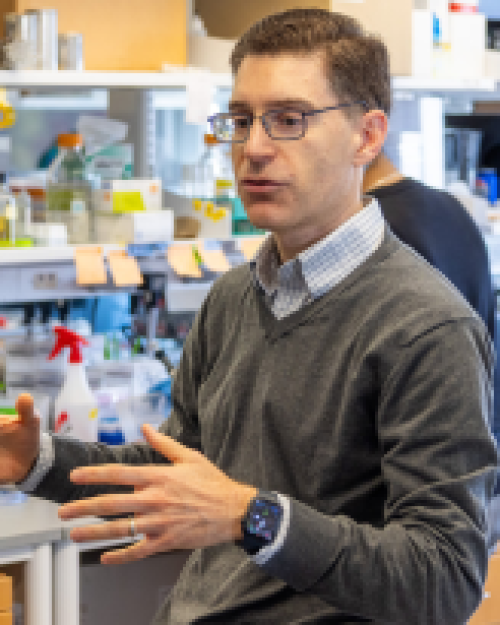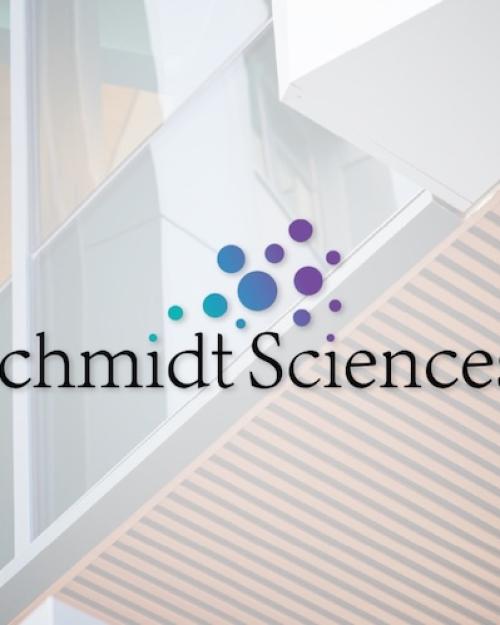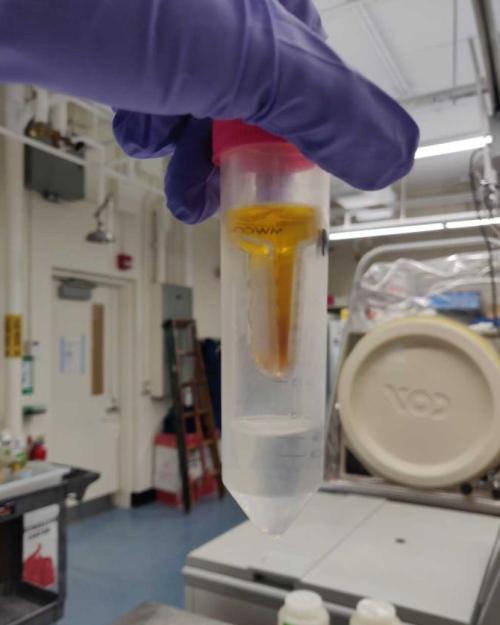Enzymes, the huge proteins that catalyze chemical reactions such as fermentation and photosynthesis, have striking potential for medicine, says Sophie G. Bender, a doctoral student in the department of chemistry and chemical biology, in a Cornell Research profile.
Currently, it is uncommon for enzymes to be used in organic chemical reactions, such as those required for making medicine. But working in the lab of professor Todd K. Hyster, Bender aims to demonstrate the advantages of using enzymes in drug synthesis.
“Enzymes are nature’s perfect little chemistry machines,” Bender says in the profile. “When a new, small molecule is added to an enzyme, so much can change from the resulting cascade of different protein interactions. Enzymes are unparalleled in their ability to carefully control the orientation and reactions of different molecules. With the right enzyme, you could make an otherwise very difficult reaction relatively easy.”





